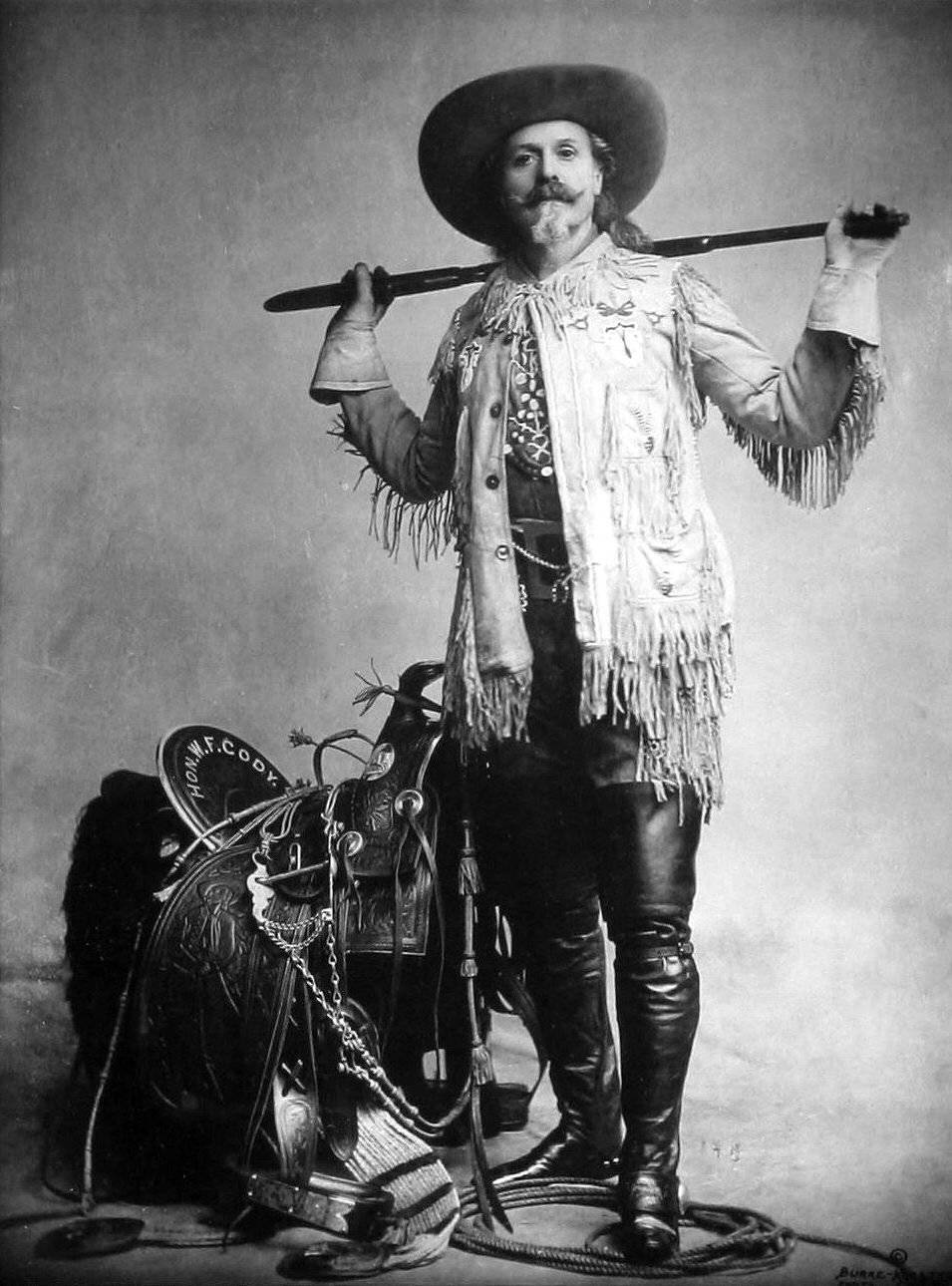Just over 100 years after the death of the legendary American scout, we remember the occasion in which, one day before his death, he was baptized in Denver.
Lenten Campaign 2025
This content is free of charge, as are all our articles.
Support us with a donation that is tax-deductible and enable us to continue to reach millions of readers.
One hundred years ago, on January 10, 1917, William Frederick Cody, better known as Buffalo Bill, died in Denver, Colorado. The celebrated Chief of Scouts of the Seventh Kansas Cavalry, who had also served as a guide for the army and the Pacific Railroad, and legendary buffalo hunter and icon of the prairies of the American West, was then known for his “Buffalo Bill Wild West Show,” a kind of circus with which he traveled all around the world.
Needless to say, his legend, as reported in the article published by Marco Roncalli in Avvenire, did not disappear with his death. On the contrary, it would only begin, in the surroundings of Lookout Mountain, in Colorado, where today one can visit not only his tomb but also a museum named after him (in fact, one of the most visited museums in the United States), and also in countries in which one would think there might be no particular reason to remember Buffalo Bill. One might think that would the case with Italy, where Cody had traveled with his Wild West Show at least twice: once in 1890, and another time in 1906.
But Buffalo Bill’s visits to Italy are worth remembering for two reasons. The first, perhaps the most obvious, is because it was he who took to Europe the myth of the so-called Wild American West, adapting the format of the circus that Phineas Barnum had recently invented to his own shows, shaping a whole different way to look at the Americas in the European imagination. In order to avoid wasting any precious time, Cody traveled from one city to another by train, and would set up his show in big open spaces, presenting his fantastic simulation of the battle of Little Big Horn, and then the reenactment of the famous hand-to-hand combat between Buffalo Bill himself and Chief Yellow Hand. Thousands of spectators succumbed to the publicity that invited them to see the show.
The second reason has to do with the day Buffalo Bill set up his camp in the Roman meadows on March 3, 1890, quite near the Vatican itself, after rejecting the Coliseum, considering it not “fit for his show.” In any case, it is known that Cody asked for an audience with Pope Leo XIII, but his first request was rejected, on the grounds that his entourage was far too numerous (almost the whole cast of his show!), but later Cody himself and some of his companions were allowed to attend the Pontiff’s entrance into the Sala Ducale, as the pope was taken into the Sistine Chapel.

According to Roncalli’s article, the following day one could read in the New York Herald that “one of the strangest events ever to occur within the austere walls of the Vatican was the sensational entry made this morning by Buffalo Bill leading his cowboys and Indians (…) among the immortal frescoes of Michelangelo and Raphael, and in the midst of the oldest Roman aristocracy, suddenly a band of savages appeared, their faces painted, covered with feathers and arms, armed with axes and knives (…) Suddenly, a beautiful and chivalrous figure appeared. It was Colonel William F. Cody, Buffalo Bill. He greeted the Camerlengo with a gesture and took a step through the ranks of the guards.”
The press also notes that one of the Indians first greeted the Pope’s arrival by shouting, knelt to ask for his blessing, and then, as he rose, he screamed again. Most of the American Indians who accompanied Cody were, in fact, Catholics. Some chroniclers point out that Leo III discreetly smiled, perhaps puzzled.
The Denver Museum still preserves the gifts the Pontiff gave Buffalo Bill and his companions: rosaries and medals of his pontificate. After the visit, Cody would take his show to Florence and other Italian cities, to which he would return in 1906, before finally returning to Denver, where the famous Mother Cabrini had already founded a series of orphanages.
The day before his death, on January 9, 1917, and even though he was a Mason all his life, Buffalo Bill asked Father Christopher Walsh to baptize him as a Catholic. As Roncalli points out, we will never know whether it was a late conversion, or if the blessing of Leo XIII had matured over time.
To read Roncalli’s full article, published in Avvenire (in Italian) you can click here.








